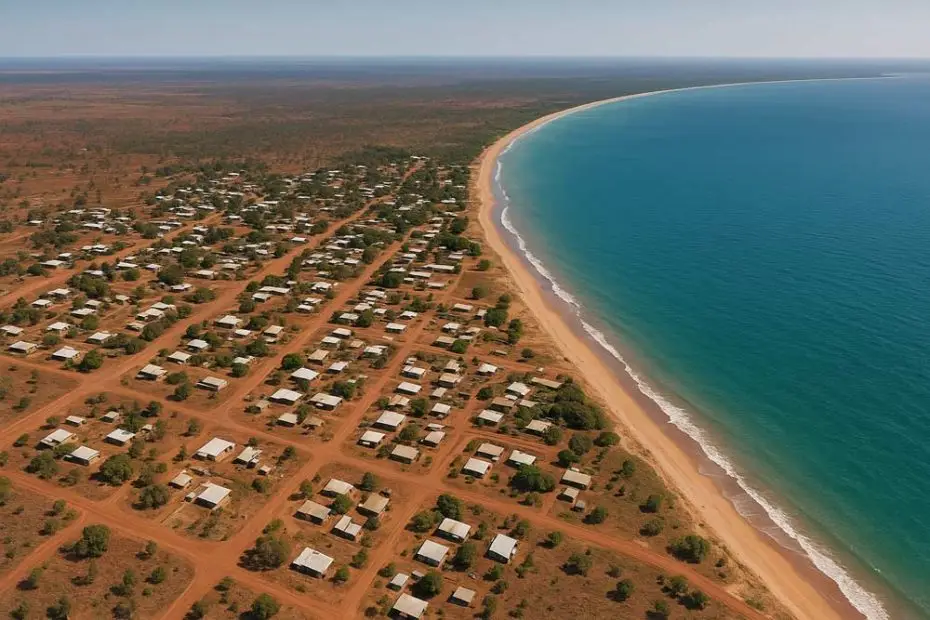The remote Northern Territory community of Wadeye is bracing for severe disruption to food and freight supplies following the closure of its only barge service on 1 September 2025. The weekly barge, operated by Auriga Group under contract to the Murin Association, has been the community’s primary link to essential goods since 2020. Without it, Wadeye’s 3,000 residents are confronting what local leaders warn could become a humanitarian crisis.
Murin has confirmed that spiralling costs have made the service unsustainable. Efforts to secure an alternative barge operator revealed costs more than 70 per cent higher, a figure deemed unworkable without government support. With the closure now in effect, community stores and households are already making contingency plans as uncertainty grows about how food, fuel, and medical supplies will reach the region.
For Wadeye, located about 190 kilometres southwest of Darwin, the loss of the barge strikes at the heart of its fragile supply chain. The road link from Daly River is only partly sealed—roughly 40 kilometres of a journey nearly five times that length—leaving it impassable for much of the tropical wet season. In previous years, the barge ensured continuity during these months when road freight was impossible. Now, that safety net has disappeared just as the community enters its most vulnerable period.
Community voices have been stark in their warnings. Leaders have described the withdrawal as “catastrophic,” noting that hundreds of residents could be forced to relocate to urban centres such as Darwin simply to secure food and essentials. The local Murrinhpatha Nimmipa community store, one of the region’s biggest freight customers, has already switched to road transport on an interim basis. While this arrangement may cover the next twelve weeks, it is unlikely to survive worsening road conditions once the rains set in.
The Northern Territory Government has acknowledged the urgency of the situation, launching an Expression of Interest process to identify a new barge operator. The EOI is open until 15 September, with officials promising to work closely with stakeholders to secure supply continuity. However, even if a replacement operator is found quickly, questions remain about long-term affordability and the structural neglect of critical transport infrastructure in the Top End.
At the heart of the crisis lies a familiar challenge: the vulnerability of remote communities dependent on single, costly supply routes. Wadeye’s predicament underscores the need for resilient logistics solutions that can withstand economic and environmental pressures. Beyond the immediate scramble to find a new operator, the situation raises broader policy issues around subsidised freight, infrastructure investment, and equity of access for remote Indigenous communities.
In the short term, Wadeye residents face uncertainty and rising anxiety. For many, the barge was more than just a supply line—it was a guarantee that the basics of modern life could be maintained, even in the most isolated conditions. Its loss is not just a logistical problem but a test of government resolve to support those living at the edge of Australia’s supply chain.



